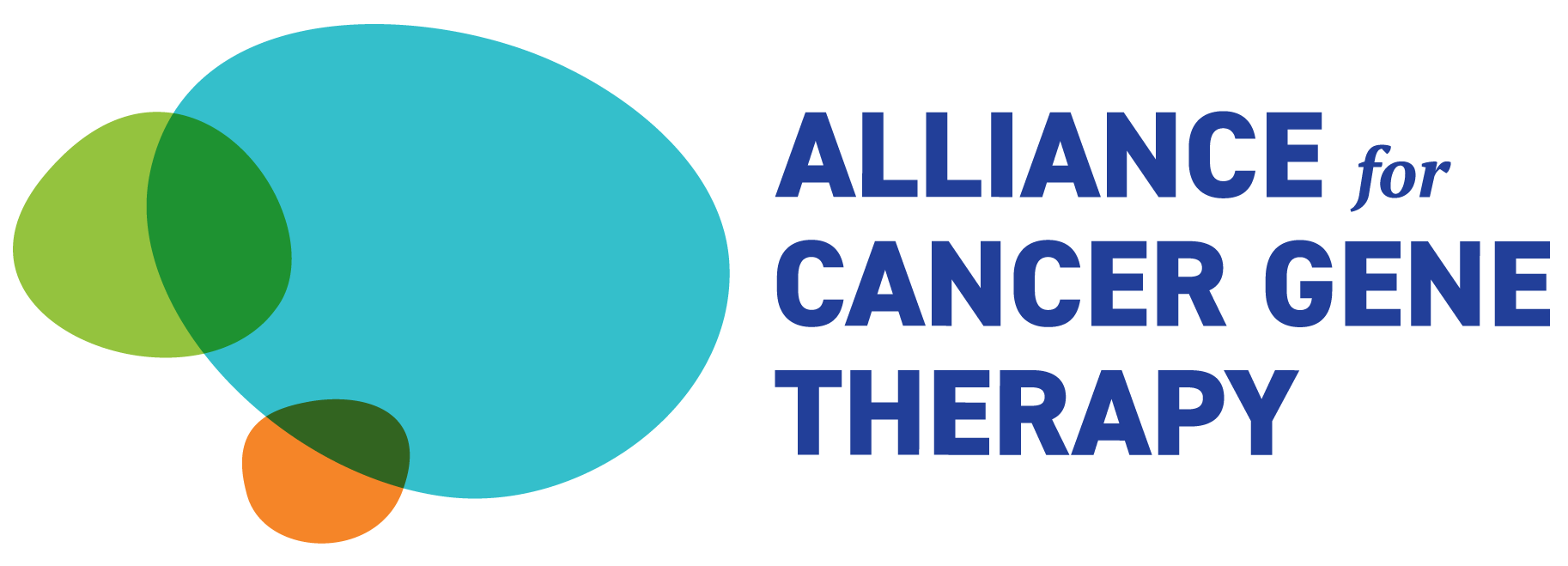
FDA Approves First CAR T-Cell Therapy for CLL and SLL

In March 2024, the FDA approved the CAR T-cell therapy lisocabtagene maraleucel (Breyanzi) as a treatment for relapsed or resistant chronic lymphocytic leukemia (CLL) and small lymphocytic lymphoma (SLL).
The FDA has approved the chimeric antigen receptor (CAR) T-cell therapy lisocabtagene maraleucel (marketed as Breyanzi) for chronic lymphocytic leukemia (CLL) and small lymphocytic lymphoma (SLL).
The FDA’s approval requires patients to have tried at least 2 other lines of treatment, specifically a BTK inhibitor and a B-cell lymphoma 2 inhibitor. Breyanzi is now an option for patients whose CLL or SLL did not respond to prior treatment or returned after going into remission.
The National Cancer Institute says CLL and SLL are the same disease. The only difference is where cancer cells are found: CLL cells mostly in blood and bone marrow; SLL cells mostly in the lymph nodes. The 2 combine for approximately 18,000 new cases in the United States each year.
Breyanzi is a CD19-directed CAR T-cell therapy, which is a type of
The protein CD19 is found on the surface of CLL and SLL cells, making it a valuable target for CAR T-cells.
Breyanzi was already 1 of
Newsletter
Stay at the forefront of cutting-edge science with CGT—your direct line to expert insights, breakthrough data, and real-time coverage of the latest advancements in cell and gene therapy.















